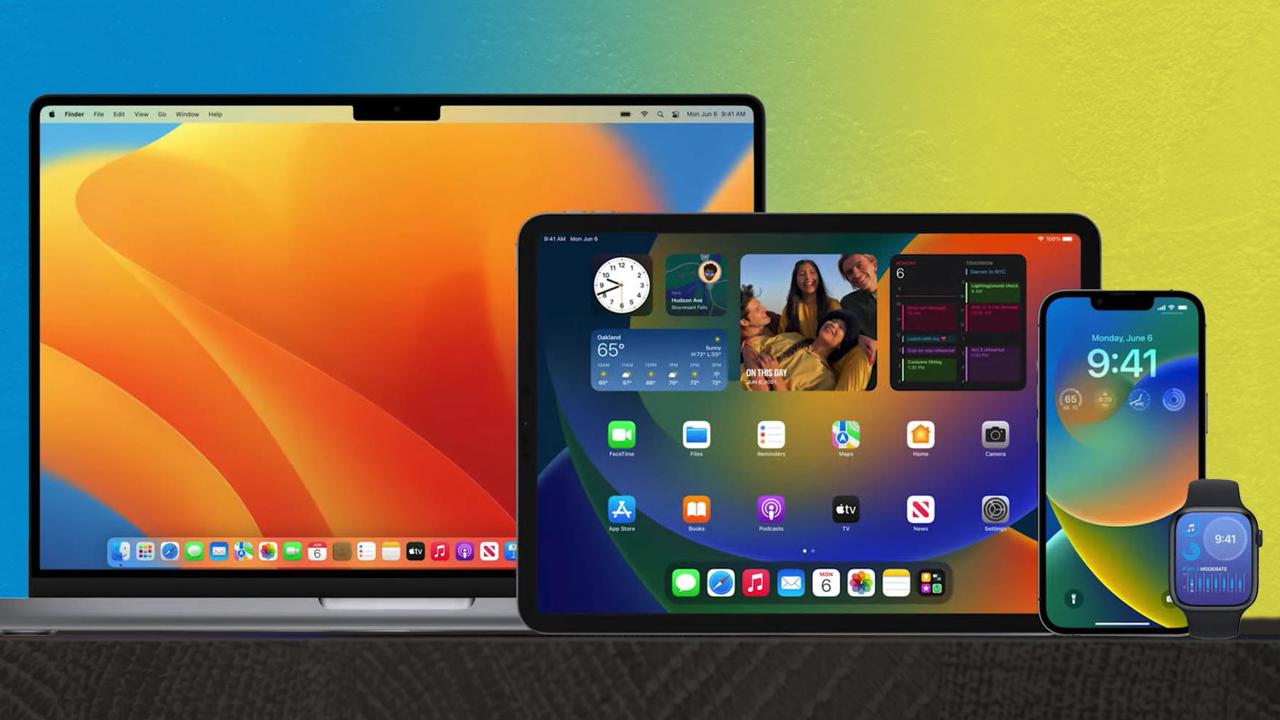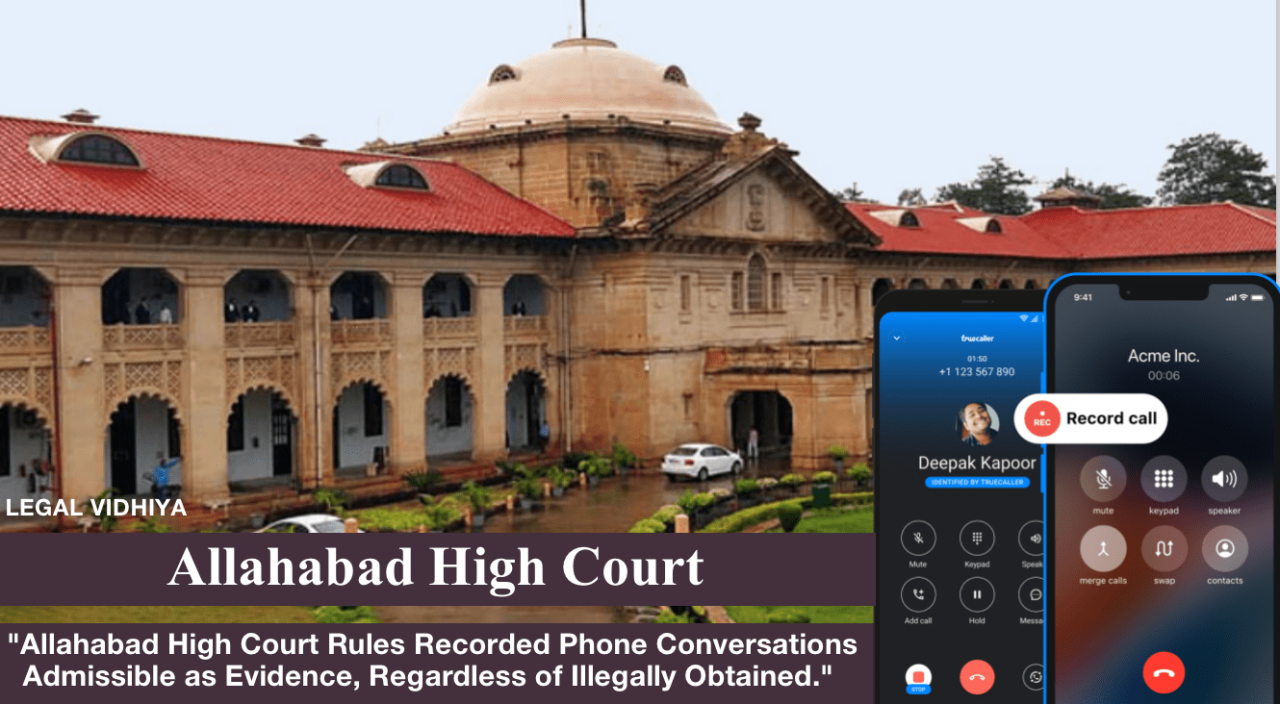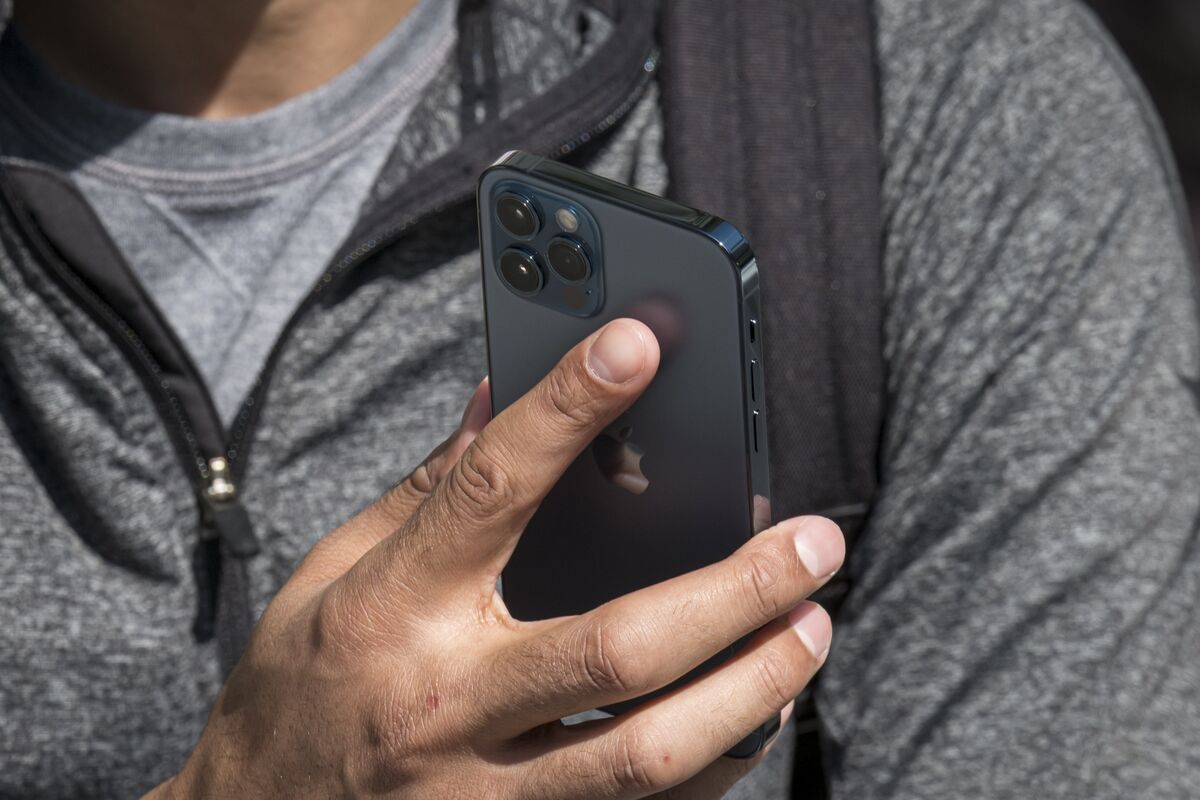Apple to pay $95M to settle lawsuit accusing Siri of eavesdropping—that’s a headline that grabbed everyone’s attention! This massive settlement stems from a class-action lawsuit alleging that Apple’s virtual assistant, Siri, was secretly recording and transmitting users’ private conversations without their knowledge or consent. The case raises serious questions about the privacy implications of voice-activated technology and how companies handle user data.
So, Apple’s forking over $95 million to settle that Siri eavesdropping lawsuit – talk about a hefty price tag for a virtual assistant! Meanwhile, in completely unrelated news, check out this crazy rumour mill: Molly-Mae and Tommy Fury spark reunion rumours as they are. Anyway, back to Apple – that’s a lot of money to pay for alleged privacy violations, huh?
We’ll delve into the details of the lawsuit, Apple’s response, and the broader implications for consumer privacy and the tech industry as a whole.
The lawsuit detailed numerous instances where users claimed Siri recorded and sent sensitive information without their permission. Apple initially denied these allegations, but ultimately opted for a significant settlement rather than facing a potentially lengthy and costly trial. This decision highlights the significant risks associated with privacy violations in the tech world and the increasing scrutiny companies face regarding data security.
We’ll explore the key aspects of the case, including the legal arguments, Apple’s defense, and the impact this settlement will have on future privacy lawsuits and the development of voice assistant technology.
Apple’s $95 Million Siri Eavesdropping Settlement: Apple To Pay M To Settle Lawsuit Accusing Siri Of Eavesdropping
Apple recently agreed to pay $95 million to settle a class-action lawsuit alleging that its virtual assistant, Siri, recorded and transmitted users’ private conversations without their consent. This settlement marks a significant development in the ongoing debate surrounding the privacy implications of voice assistant technology and its impact on consumer trust.
The Lawsuit’s Allegations

The lawsuit, filed in 2019, claimed that Siri routinely recorded and uploaded snippets of users’ conversations to Apple’s servers, even when the device wasn’t actively being used. Plaintiffs argued this violated various privacy laws, including wiretapping statutes and consumer protection acts. They alleged that these recordings included highly sensitive personal information, such as medical diagnoses, financial details, and intimate conversations.
Specific examples cited in the lawsuit involved Siri seemingly activating without user prompting and recording conversations occurring nearby.
The legal basis for the accusations rested on the argument that Apple failed to adequately inform users about the extent of Siri’s data collection practices and did not obtain explicit consent for the recording and transmission of private conversations. The plaintiffs contended that this constituted a breach of trust and a violation of their privacy rights.
| Plaintiffs’ Claims | Apple’s Official Statements |
|---|---|
| Siri recorded and transmitted private conversations without consent. | Apple stated that Siri only records and transmits data when a user actively invokes the assistant. Data is anonymized and encrypted. |
| Sensitive personal information was included in the recordings. | Apple acknowledged the possibility of accidental recordings but maintained that data is used for improving Siri’s functionality and is protected by robust security measures. |
| Apple failed to adequately inform users about data collection practices. | Apple argued its privacy policy clearly Artikels its data collection practices. |
| Violation of wiretapping statutes and consumer protection acts. | Apple denied any wrongdoing and argued its practices comply with all relevant laws. |
Apple’s Response and Settlement, Apple to pay M to settle lawsuit accusing Siri of eavesdropping

Apple initially denied the allegations, asserting that Siri only activates and transmits data when explicitly invoked by the user. The company emphasized its commitment to user privacy and highlighted the security measures in place to protect user data. However, Apple opted to settle the lawsuit rather than proceed to trial, likely to avoid the potentially significant costs and negative publicity associated with a lengthy legal battle and the risk of an unfavorable verdict.
The $95 million settlement represents a substantial amount, indicating the seriousness of the allegations and the potential liability Apple faced.
This settlement could set a precedent for future privacy lawsuits against technology companies, potentially encouraging more litigation and prompting stricter regulations around data collection practices for voice assistants. For instance, a hypothetical scenario could involve a similar lawsuit against a competitor, where the settlement amount could serve as a benchmark for potential damages. The precedent set by the Apple case could significantly increase the pressure on other tech companies to enhance their privacy measures and improve transparency regarding data collection practices.
Siri’s Privacy Features and Functionality

Siri incorporates several privacy features, including the option to disable Siri entirely, the ability to review and delete Siri’s recorded data, and encryption of transmitted data. These features are designed to safeguard user privacy and limit the potential for unauthorized access or misuse of personal information. However, the effectiveness of these measures remains a point of contention given the allegations in the lawsuit.
Compared to competitors like Google Assistant and Amazon Alexa, Siri’s privacy settings offer a similar level of control but may lack some of the granular options available in other platforms. For example, the ability to selectively disable certain data collection features might be more comprehensive in some competing assistants.
- Potential vulnerabilities in Siri’s privacy mechanisms include accidental activation, insufficient user notification of recording events, and the potential for sophisticated attacks to bypass security measures.
- Data breaches, though unlikely given Apple’s security protocols, are a constant threat to any system storing and transmitting user data.
- Software bugs or vulnerabilities could allow unauthorized access to recorded conversations.
Impact on Consumer Trust and Privacy Concerns
The lawsuit and subsequent settlement have undoubtedly impacted consumer trust in Apple products and voice assistant technology in general. The allegations raised concerns about the potential for surveillance and the erosion of privacy in the age of smart devices. Public perception of voice assistants has been affected, leading to increased scrutiny of data collection practices and a greater demand for transparency from technology companies.
- Be mindful of what you say around your device.
- Regularly review and delete Siri’s recorded data.
- Disable Siri when not in use.
- Keep your software updated to benefit from the latest security patches.
- Be aware of your device’s microphone permissions and access settings.
Future Implications for the Tech Industry
The Apple Siri lawsuit establishes a significant legal precedent regarding the privacy implications of voice assistant technology. This settlement could influence the development of future privacy regulations, potentially leading to stricter requirements for data collection transparency and consent. It may also impact the design and implementation of future voice assistants, pushing developers to prioritize user privacy and enhance security measures.
Apple’s $95 million settlement for Siri’s alleged eavesdropping highlights the complexities of data privacy in tech. This kind of legal battle shows the demand for skilled developers to build secure systems, which is why checking out full stack developer freelance opportunities and rates might be a smart move. The whole Siri situation underscores the need for robust, privacy-focused development practices going forward.
Other tech companies are likely to review their own data collection practices and potentially adjust their privacy policies in response to this case.
This case could lead to increased regulatory scrutiny of data collection practices for voice assistants, potentially resulting in new laws requiring greater transparency and user consent. Companies may invest more heavily in privacy-enhancing technologies and implement more robust security measures to mitigate risks. There might also be a shift toward more user-centric design principles, prioritizing privacy by default.
Illustrative Example: A Hypothetical Conversation

The settlement has sparked widespread discussion among users about the privacy implications of voice assistants. Here’s a hypothetical conversation between two friends:
Friend A: Did you hear about the Siri lawsuit? Ninety-five million dollars! That’s a lot of money to pay out for something like this.
Friend B: Yeah, it’s pretty scary. I always wondered just how much Siri was listening. I mean, it’s convenient, but it makes you think twice about what you say around your phone.
So, Apple’s forking over $95 million to settle that Siri eavesdropping lawsuit – a hefty price for potentially listening in! It makes you think about privacy in tech, and how secure your information really is. If you’re interested in a career where you handle sensitive information responsibly, maybe check out surgical tech programs near me – it’s a field with a high level of responsibility.
Anyway, back to Apple – that’s a lot of money to pay for a privacy slip-up.
Friend A: Exactly. I’m definitely going to be more careful about what I talk about near my phone now. Maybe I’ll even disable Siri more often.
Friend B: Me too. It’s a trade-off between convenience and privacy, and I think this lawsuit highlights that we need to be more aware of the privacy implications of these technologies.
This conversation reflects the anxieties and concerns many users feel regarding the privacy implications of voice assistants. The emotional impact involves a sense of vulnerability and a questioning of trust in technology companies. Practically, it motivates users to adopt more cautious behaviors when using voice assistants.
Outcome Summary
The $95 million settlement in the Siri eavesdropping lawsuit marks a significant turning point in the ongoing conversation about data privacy and the ethical responsibilities of tech companies. While the settlement provides some financial relief to affected users, it also underscores the vulnerabilities inherent in voice assistant technology and the need for greater transparency and accountability from companies like Apple.
This case sets a precedent that will undoubtedly influence future privacy regulations and the development of more secure voice assistant technologies. It’s a wake-up call for both tech companies and consumers to be more vigilant about protecting their personal data in an increasingly connected world.
Common Queries
What specific privacy features does Siri have?
Siri offers features like on-device processing for some requests, allowing data to stay local. Users can also adjust settings to control data collection and sharing.
How does this settlement affect future Apple products?
It’s likely to spur Apple to strengthen Siri’s privacy features and enhance data security protocols across its product line. Increased transparency regarding data handling is also expected.
Can I sue Apple if I think Siri recorded me?
The statute of limitations and specific circumstances would need to be evaluated by legal counsel. This settlement doesn’t automatically grant rights to new lawsuits, but it could influence future legal actions.
What are some best practices for using voice assistants privately?
Minimize sensitive conversations near your device, regularly review privacy settings, and be mindful of what information you share verbally with voice assistants.
